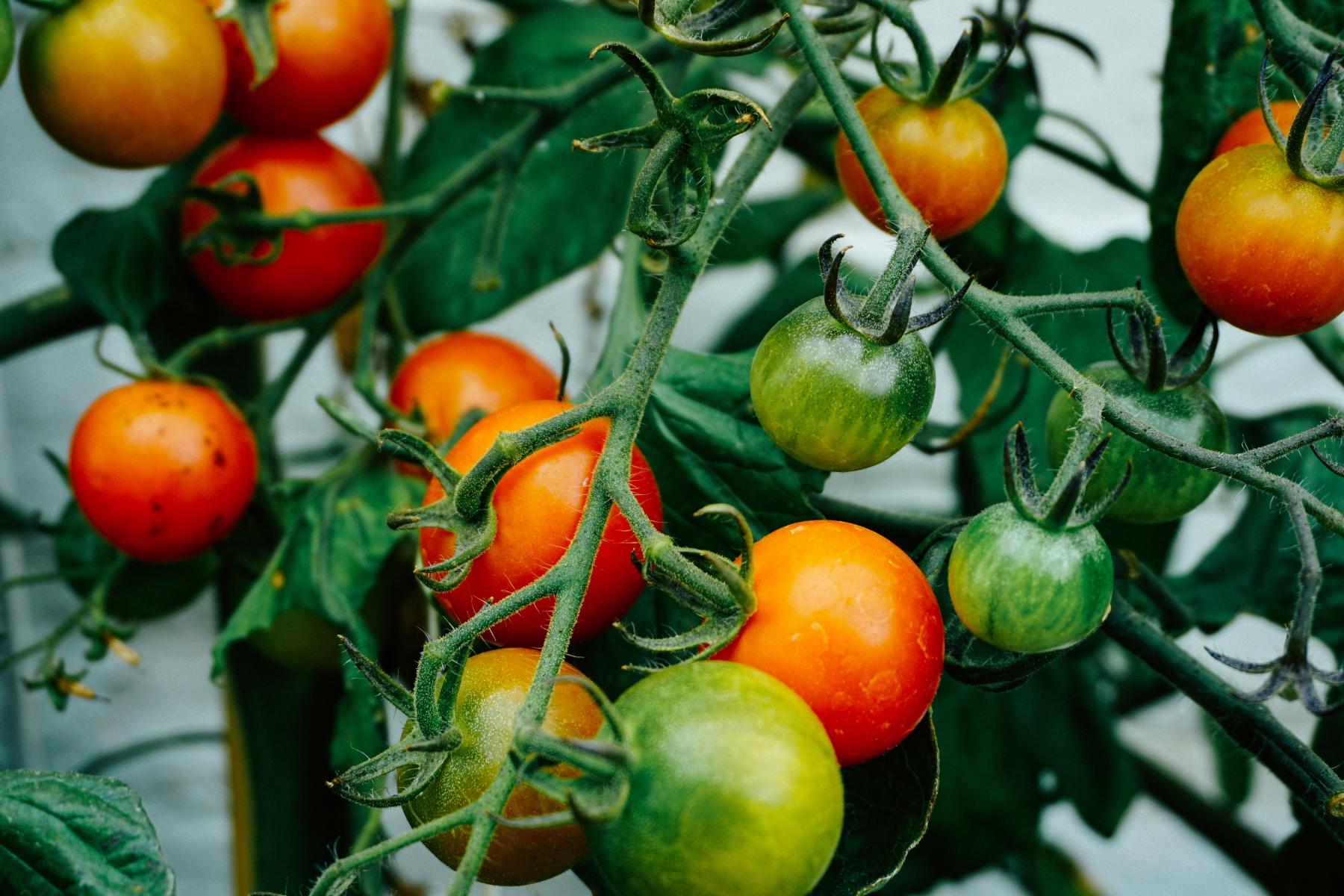
Eco-Tech Garden Innovations
The lesson plan challenges students to integrate research, agricultural principles, and engineering concepts, sparking their creativity in designing efficient and sustainable hydroponic setups. From choosing appropriate materials to optimizing space usage, students will delve into the intricate balance of science and engineering. Through this process, they'll gain valuable insights into the importance of sustainability in modern agricultural practices.
Moreover, the lesson plan emphasizes the application of engineering design concepts. Students will learn to strategically plan and construct functional hydroponic systems, considering various factors such as space constraints, material choices, and environmental sustainability. This hands-on approach not only enhances their problem-solving skills but also encourages critical thinking and innovation.
Lesson Plan Link/URL
https://docs.google.com/presentation/d/1TWTpUGNiNtdi4RC1XnujNj09_NJmlpu45BCugi-…Subject Area
Science Life Science L2: Organisms & Energy Technology 4. Innovative Designer Engineering S2: Apply the Engineering Design Process S7: Apply Project Management to Engineering Mathematics Measurement and Data (MD) Algebra (A)Related Content

This STEM project allowed students to embark on an exciting journey of entrepreneurship with "Ride to Success." In this immersive STEM lesson plan, students will not only learn the ins and outs of

Quail Farming
Students will learn about the three pillars of sustainability through their quail farm. They will incubate, raise and restock their quails in order for them to be sustainable regardless of what

Go through different STEM, reading, and writing activities with Roz and her friends in The Wild Robot. Students will problem solve, participate in discussions, and learn about artificial intelligence